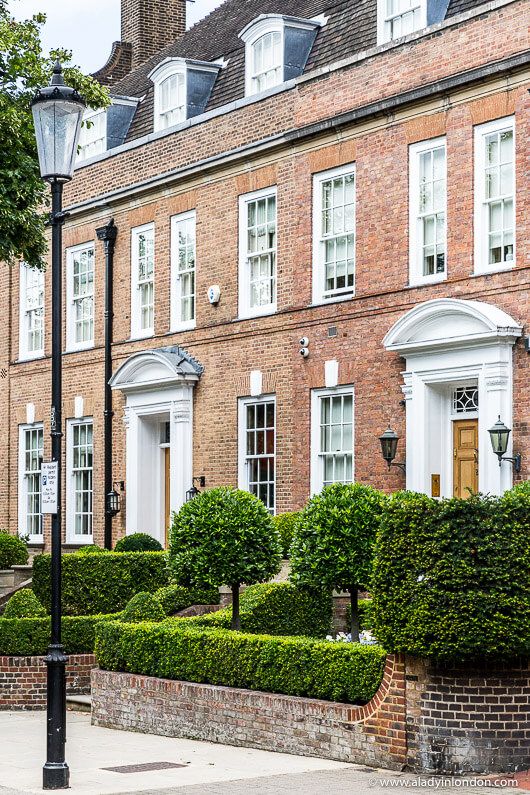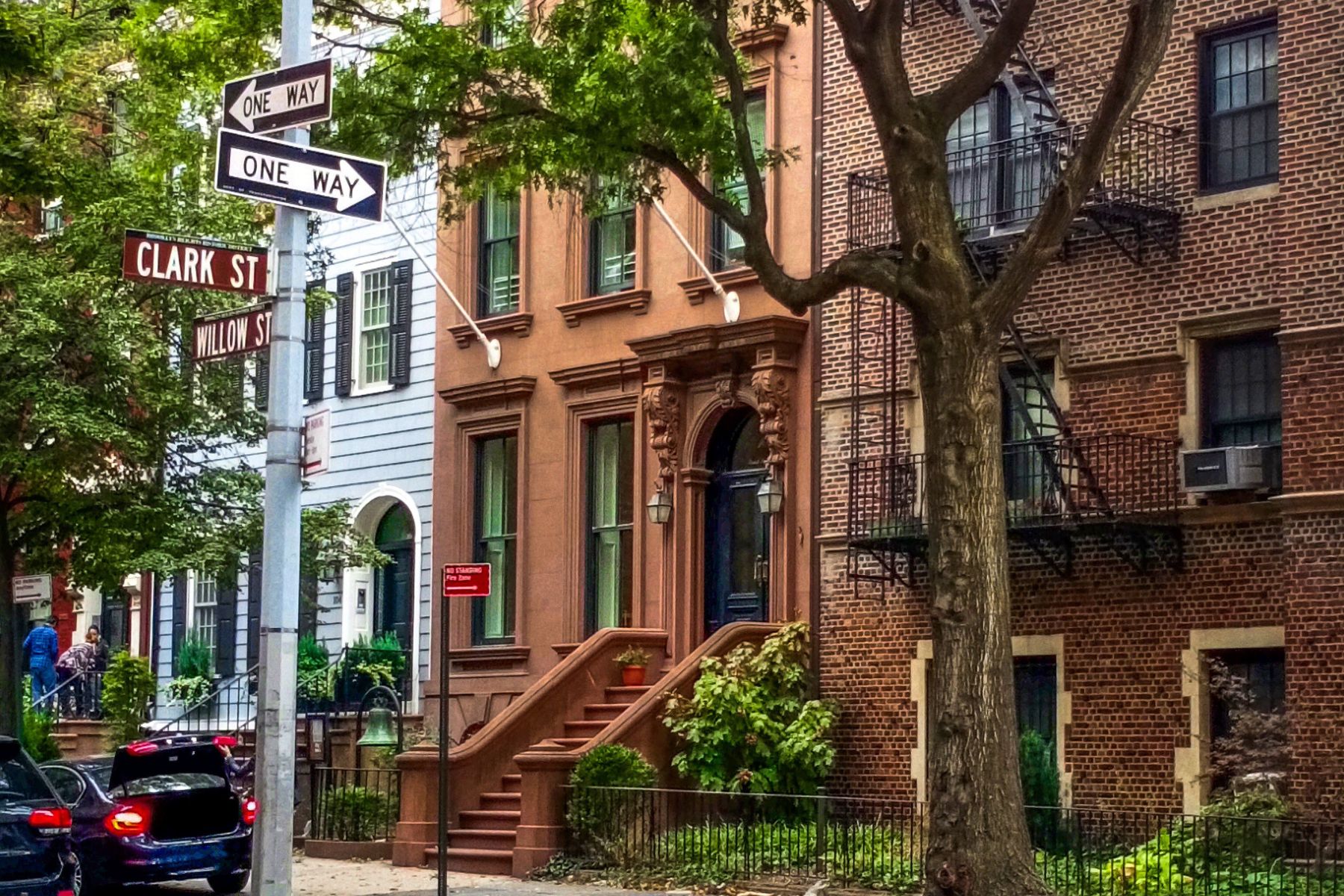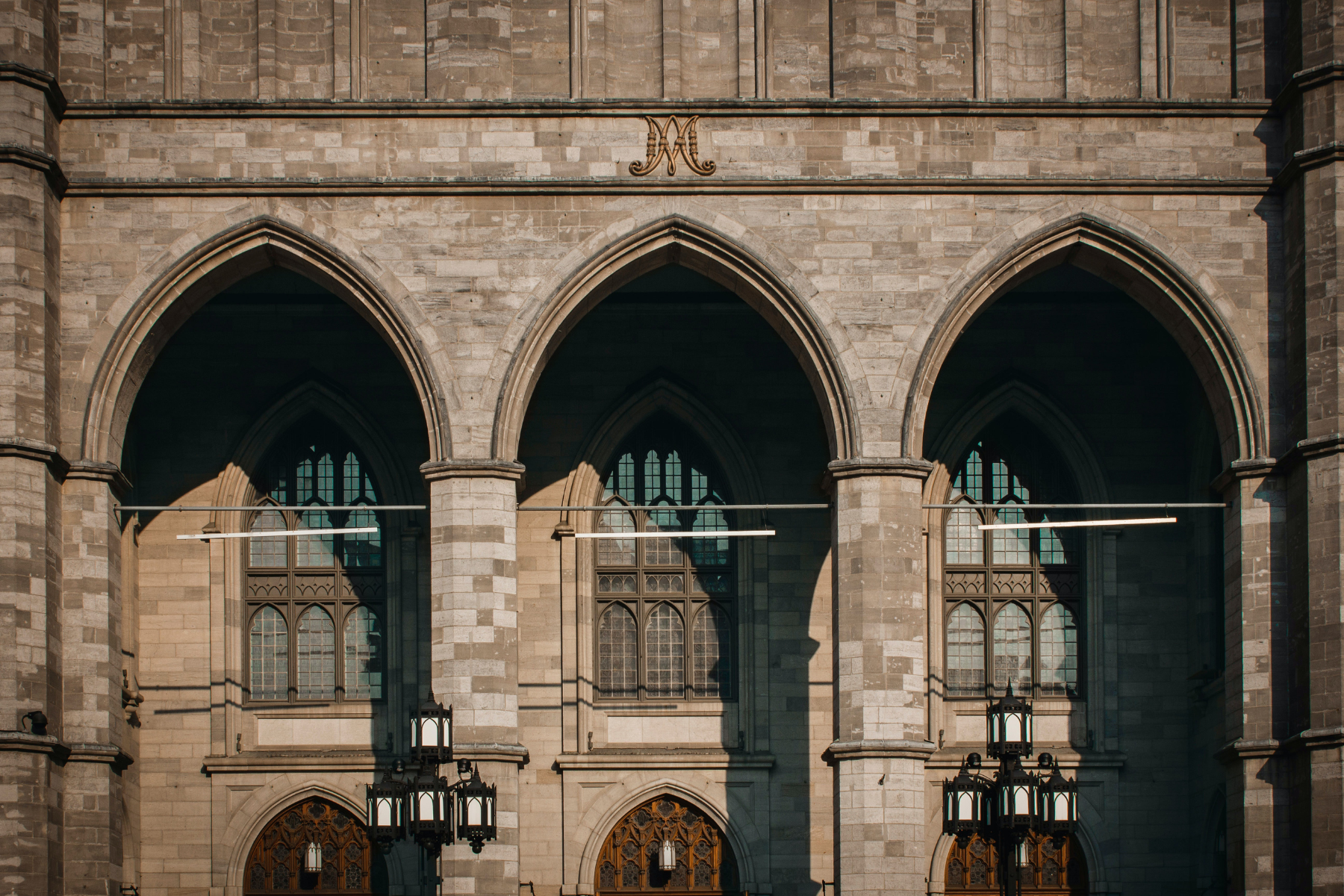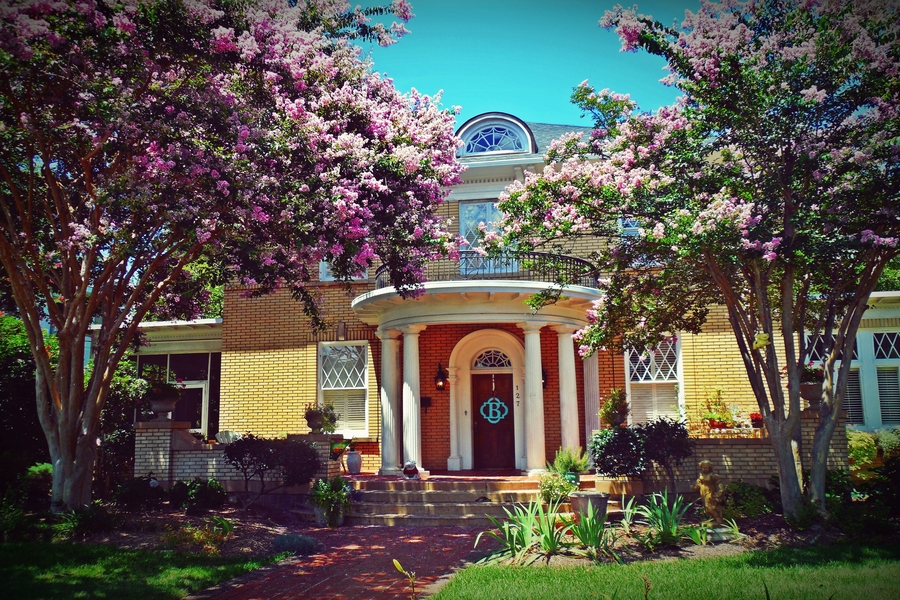INVESTMENT TRENDS – Short term vs Long term rentals

Oct 18, 2023
by
INVESTMENT TRENDS – SHORT TERM VS LONG TERM RENTALS
Both short-term and long-term rentals are lucrative options with pros and cons, but which offers the best net rental yield?
Typically, do investors overestimate occupancy and underestimate costs associated with short-term lets like Airbnb’s?
We aim to uncover the occupancy, rental returns, and costs of each investment type, exploring the pros and cons to answer the ultimate question – what is the best investment?
Investing in short-term ‘Airbnb’ rentals vs. long-term rental properties is a debate that has sparked attention among Indian investors particularly when investing internationally. Both are lucrative property investment options with pros and cons, but the question every property investor wants to know is – which is the most profitable for landlords?
Many first-time investors believe that short-term property holiday rentals are a way of generating a higher yield. But typically, people overestimate occupancy and underestimate costs, which can be considerably higher with this type of rental property.
In this article, we outline the factors that need to be considered - compare the occupancy, rental returns, and costs of each investment type and explore the pros and cons of each.
Short-term vs. long-term rentals
What is a short-term rental?
A short-term rental refers to a property listed on a holiday home portal like Airbnb. It is typically rented for a vacation or weekend getaway. Occupancy varies and depends on key factors like location, quality, and day of the week. If your investment is in a beach location like Thailand or the Greek Islands, demand is higher over the weekends. However, if your investment property is in London, Manchester or Paris or New York you are far more likely to achieve higher occupancy throughout the week.
Pros of investing in short-term rental property
- Higher average daily rent rate so higher gross yield
- Particularly popular if your property is in a holiday destination as it provides the option for you to use the property for yourself or family members when it suits you
Cons of investing in short-term rental property
- Rental income is dependent on tourism and can be inconsistent
- Listing sites and management companies take a considerable percentage of rental income through bookings. Sometimes up to 20 - 30%)
- Landlords need to provide cleaning; laundry services and toiletries need to be replaced regularly – this can add considerably to costs
- Higher turnover of residents is more likely to lead to excessive wear and tear, leading to higher maintenance costs
- Someone needs to be on-site at all times to manage check-ins, and potential issues, which means employing a management service which is generally quite a high cost
- This may involve higher insurance costs
What is a long-term rental?
A long-term rental refers to the typical residential rental model where the property owner lets out their property to a tenant for a contracted period (typically one year). In prime city center locations like London, Sydney, Melbourne, etc. rental demand is at an all-time high, with limited rental properties available for rent.
Pros of investing in long-term rental property
- Strong rental yields of up to 6 – 8% are achievable if your property is located in cities where there is limited supply and strong demand
- Consistent cash flow is a huge benefit to landlords
- Long-term tenants generally extend their tenancies and return year after year thus providing constant rental income
- Hands-off, hassle-free investment with full tenancy and building management options available
- The tenant generally pays all utility bills such as electricity, water, etc
Cons of investing in long-term rental property
- Usual risks associated with any investment.
- Gross rent per month will possibly be lower than in short-term rentals
- The owner is unable to use the property at their convenience. This is particularly important if you are visiting your child and want to stay with them for longer periods of time
Which is a better investment?
The final outcome is what should determine your course of action. If you would like to use the property yourself from time to time, the short-term lease is an attractive option. But if your goal is to maximize rental revenue and are looking for stable cash flow, long-term rental is the preferred option.
If this article is of interest to you and you would like to investigate further options, please do write to us at info@smartindianinvestors.com. Please visit our website www.smartindianinvestors.com to access similar articles.

-400x267.jpg)
















.png)

.png)


.png)

.png)




.jpg)
.jpg)



.jpg)
.jpg)






.jpg)
.jpg)













.jpg)


.jpg)
